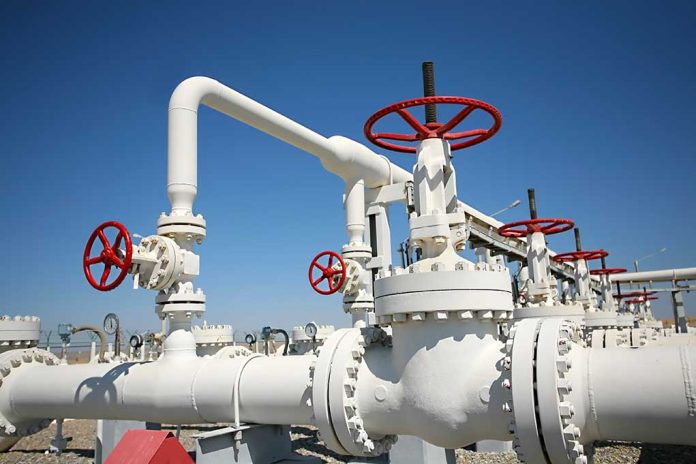
(TacticalNews.com) – On May 7th, 2021 the Colonial Pipeline was the victim of a cyber attack. In an effort to contain the attack, officials had to shut down certain systems, halting all pipeline operations. In combination with the shortage of tank truckers, the shutdown could lead to serious fuel shortages across the country. Read on to see how you can prepare for the possible repercussions.
As the video demonstrates, fuel storage is actually pretty simple, although we do recommend that you have a separate building to store it in. The biggest aspects to storing fuel are safety and stability. There are four types of fuel you can store, and each has its pros and cons.
- Gasoline: The vast majority of motorized vehicles in the United States run on gasoline, so storing it may seem like a great idea. However, gasoline is highly combustible. Gasoline’s molecular build causes it to go bad if not preserved with a stabilizer, like Sta-Bil, which can extend its life from six months to a year.
- Diesel: This common type of fuel works in machinery and some road vehicles. Diesel is much less combustible than gas. Left untreated it can go bad in about 1 year. Like gas, you can add additives to the fuel. This can prolong its life up to five years and beyond.
- Propane: This fuel is straightforward and easy to store. The biggest challenge with propane is local regulations and finding a big enough tank. Propane works well for cooking, heating, lighting and can even run your refrigerator.
- Kerosene: Another fuel that works for cooking, heating and lighting, kerosene stores easily, and due to its denseness, it isn’t combustible. Kerosene can also be stored for many years without losing functionality.
With any shortage of any supplies, you can expect there to be some panic. Check out how you can avoid being caught without the proper supplies due to panic buyers.
Copyright 2021, TacticalNews.com



















